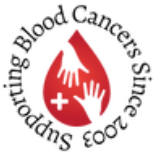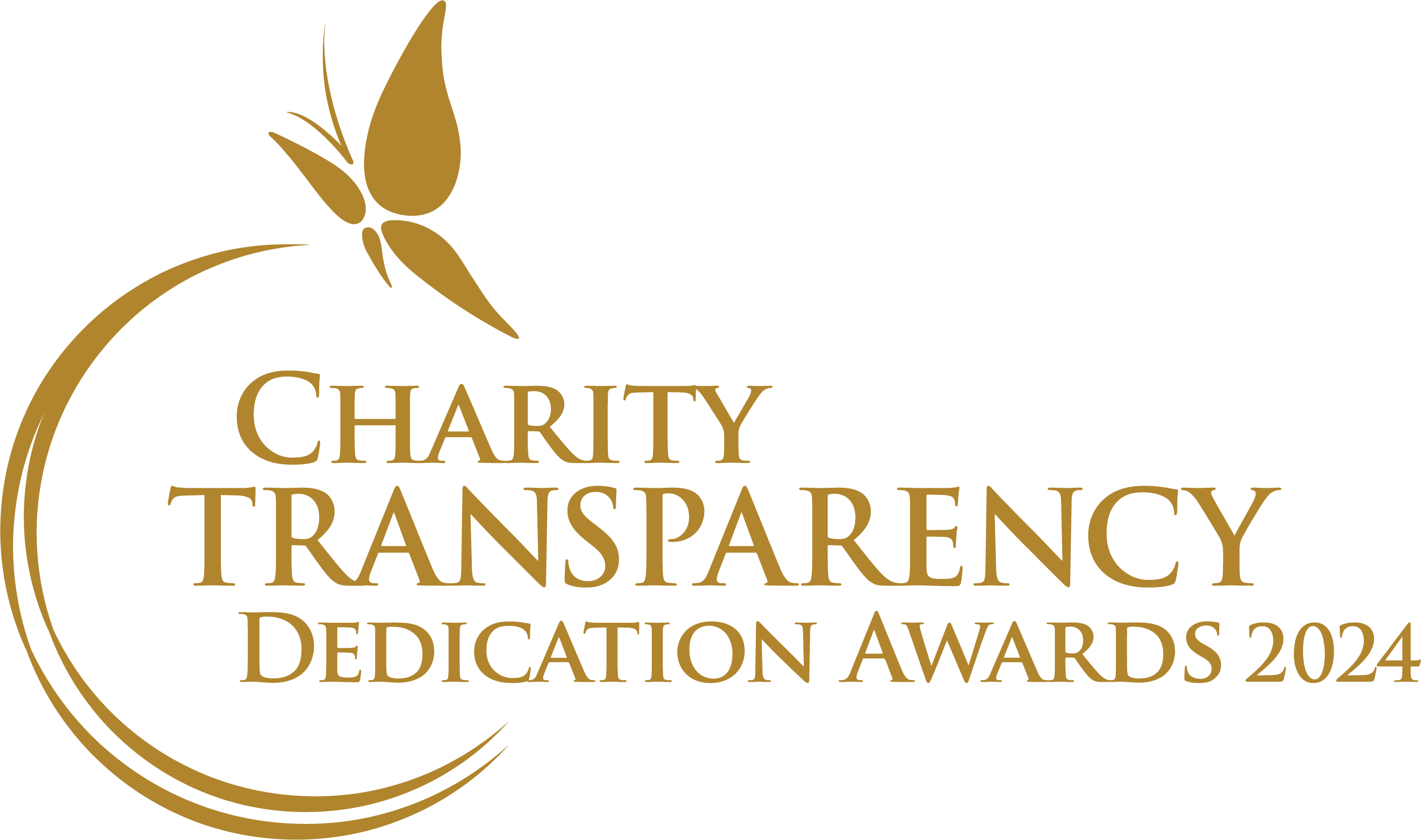(Information extracted from Julie C. (2009). Eating well: A practical guide for people living with leukaemias, lymphomas, myeloma and related blood disorders. Lilian D, (Ed.). Australia: Leukaemia Foundation.)
The side-effects of commonly used cancer treatments (like chemotherapy and radiation therapy) place extra demands on your body for energy and nutrients. At the same time the side-effects of these treatments and the cancer itself can affect your normal eating patterns, reducing your desire for food and your ability to eat the amount or type of food you normally would.
Side-effects and their severity can vary from person to person depending on the type of disease involved, the treatment used and how an individual responds. Some side-effects that can affect normal eating patterns may include the following:
– Nausea (feeling sick) and vomiting
– Sore mouth and throat
– Loss of appetite
– Changes in taste and smell
– Diarrhoea and/or constipation
– Fatigue
There is no doubt that these side-effects can be very unpleasant at times but it’s good to remember that most of them are temporary and reversible. It is important that you report any side-effects you are experiencing to your doctor or nurse because many of them can be treated successfully, reducing any unnecessary discomfort for you. In addition, the
kinds of food you eat during and after treatment can also help by reducing the severity of side-effects, and in some cases preventing them.













